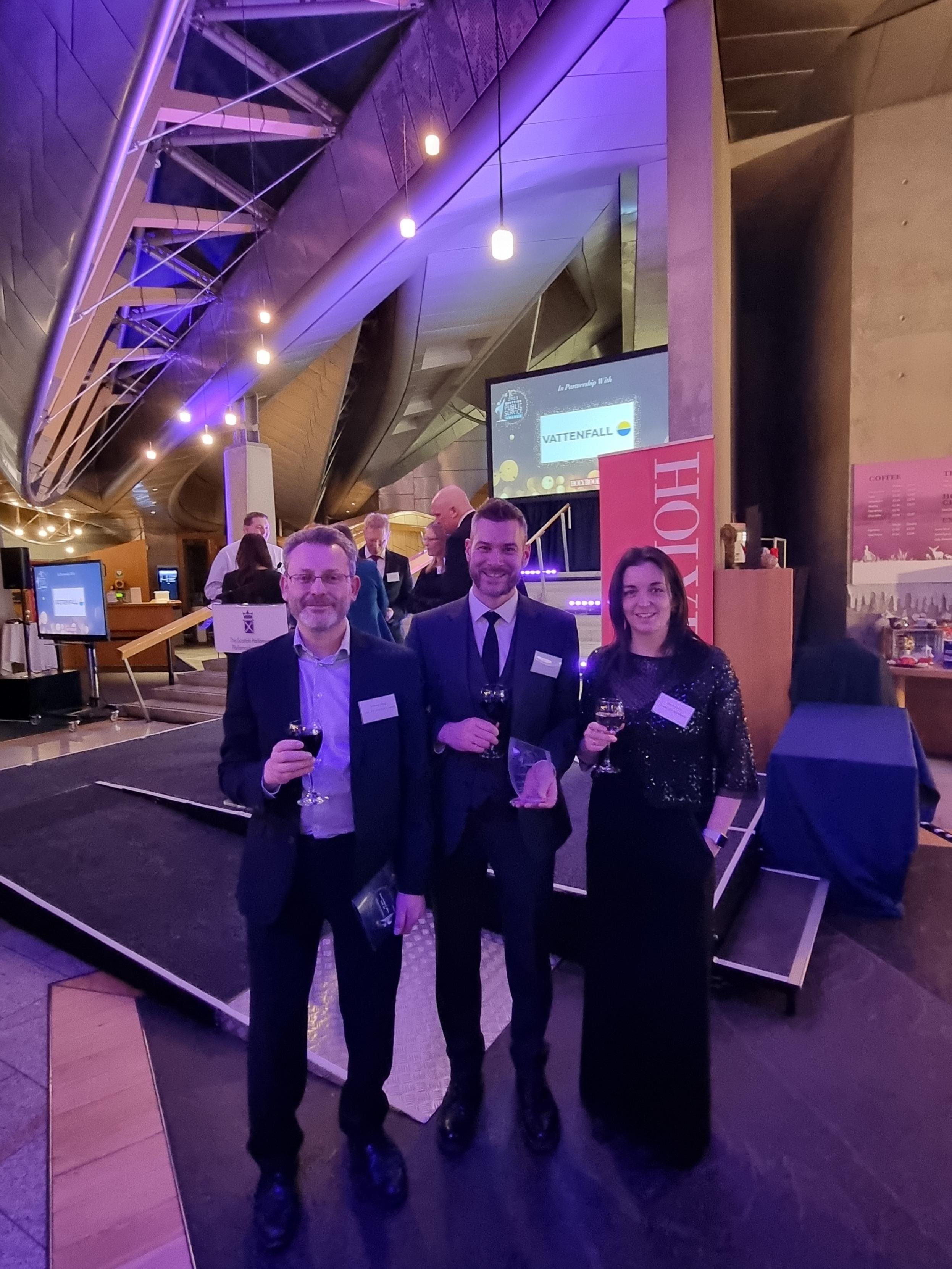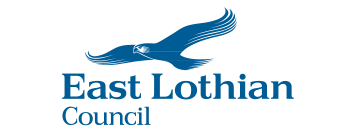IRES Programme Wins At The Annual Scottish Public Service Awards
/The Edinburgh and South East Scotland City Region Deal’s Integrated Regional Employability and Skills (IRES) Programme has won the Project and Programme Management Award at the annual Scottish Public Service Awards in the Scottish Parliament.
Deputy First Minister, Shona Robison and Deputy Presiding Officer of the Scottish Parliament, Liam McArthur announced the winners of the Holyrood Communications Scottish Public Service Awards (SPSA) in the Garden Lobby of the Scottish Parliament on Wednesday evening.
Scottish Public Service Awards Winners 2023
The IRES Programme Management Office has been the driving force behind this innovative and groundbreaking programme, bringing about substantial change to the lives of citizens and communities, brokering innovative partnerships, elevating opportunities for under-represented groups and attracting sizeable leverage funding.
The IRES Programme and its cross-sector partnership is a change programme seeking to evolve regional labour market policy and practice to drive inclusive growth.
The IRES partnership is funded by £25 million investment (over eight years) and will deliver an additional 14,700 skill improvements; 5,300 people into employment; and a further 500 career enhancements through its seven themes:
Integrated knowledge management systems;
Labour market analysis and evaluation;
Integrated employer engagement;
Intensive family support service;
Housing construction and infrastructure (HCI) targeted skills gateway;
Data-driven innovation (DDI) targeted skills gateway; and
Workforce mobility.
Five years in, the programme is exceeding targets and has:
supported 120,000 people to improve their skills.
secured 4,600 job outcomes.
leveraged an additional £6.33m funding.
Find out more about the IRES programme and its seven themes on the City Region Deal website.
A short film below summarises the IRES Programme and its achievements up to 2023:
IRES Programme 2023
IRES programme 2023
You can also watch three recent short case study videos that demonstrate show the impact that the IRES programme is having across the Edinburgh and South East Scotland region:
Celebrating in its tenth anniversary, the awards have been organised in partnership with the Scottish Parliament and the Scottish Government. Created to celebrate the often-unsung contribution made to Scotland’s civic society by the public sector and its partners, last night’s ceremony once again showcased innovative and inspiring work from across the length and breadth of Scotland.
First Minister Humza Yousaf, offered his congratulations and gratitude to the nominees and the work of all those within the wider public service in a message reading:
“The annual awards are an opportunity to come together and celebrate the achievements of those working with and within our cherished public services. Every finalist tonight has made an incredible contribution to Scottish society and it’s right the difference you make in your communities is recognised. On behalf of Scotland, I want to say a sincere thank you.”
IRES Project Team (left to right) Graeme Rigg,, Adam Dunkerley, Nicola Raine











